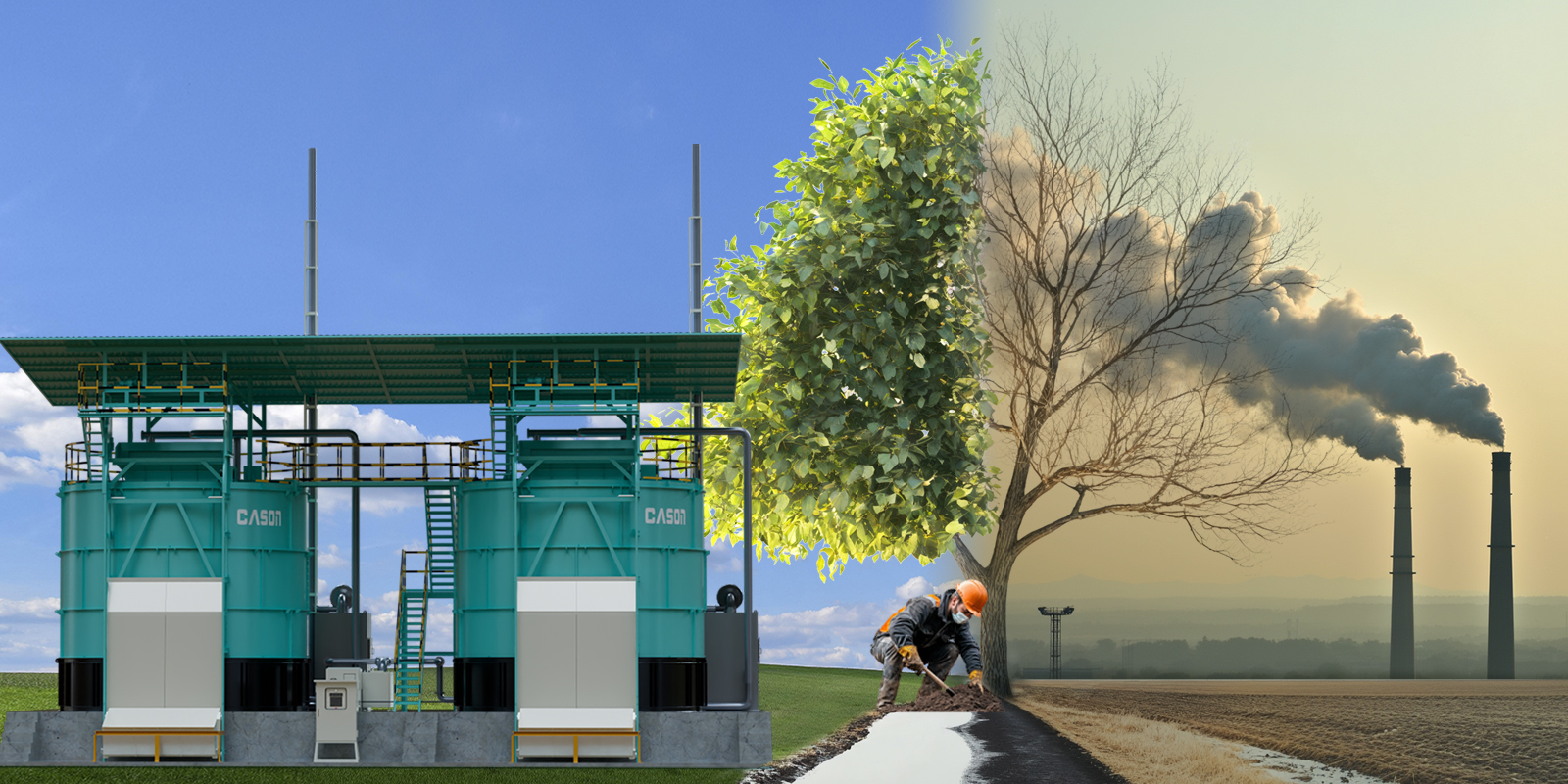


Traditional manure treatment methods are costly and inefficient. Our fermentation tanks transform waste into “nutrient-rich organic fertilizer”, packed with nitrogen, phosphorus, potassium, and organic matter, significantly improving soil structure and boosting crop yield and quality. This reduces reliance on chemical fertilizers, prevents soil compaction, and creates a closed-loop cycle of “livestock farming—waste—fertilizer—crop cultivation”, making green agriculture a reality.


Equipped with an “intelligent control system”, our fermentation tanks precisely regulate temperature, humidity, and oxygen levels, drastically reducing energy consumption. The heat generated during fermentation can be recycled, further cutting carbon emissions. Compared to traditional composting, efficiency improves by over “50%”, with a smaller footprint—ideal for large-scale farms and organic fertilizer producers.

















